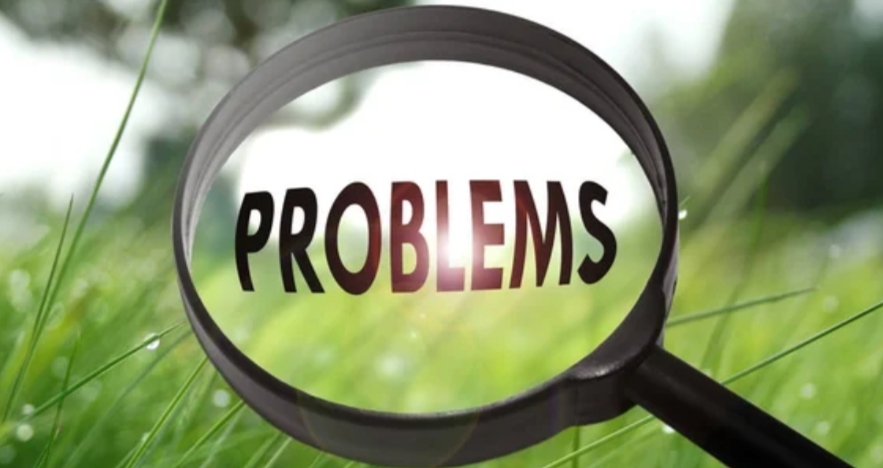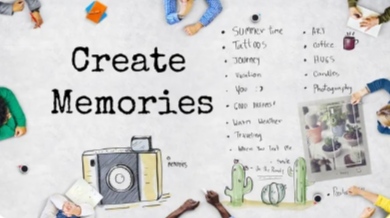
Waiting for the perfect moment is a bit like waiting for a train at a bus stop, you’re going to be there a long time, and you’re definitely in the wrong place. The most successful people don’t just find opportunities instead they manufacture them. If you’re tired of waiting for a door to open, it’s time to start building your own. Here is how to shift from a passive observer to an active architect of your own luck.
1. The Strategy of Surface Area
Opportunities are often just a byproduct of being visible. Think of Luck Surface Area as a simple formula: Doing things x Telling people about it.
- Share your work: Whether it’s a blog, or a LinkedIn post, putting your ideas into the world creates a digital magnet that attracts like-minded people.
- Be a Joiner: Attend the webinar, go to the awkward networking mixer, or volunteer for the project nobody wants. You can’t get struck by lightning if you aren’t standing in the rain.
2. Solve Problems Before You’re Asked
Most people wait for a job description or a set of instructions. To create opportunity, look for pain points in your industry or community and solve them without permission.
- The Pitch Mentality: Instead of asking, “Are you hiring?” try, “I noticed your website has a slow checkout process; I’ve outlined three ways to fix it.”
- Value First: Providing upfront value shifts the dynamic from asking for a favor to offering a solution.
3. Curate Your Personal Board of Directors
You are the average of the people you spend the most time with, and the people who know your name. Networking isn’t about collecting business cards but it’s about building a bridge before you need to cross it.
- The 5-10-20 Rule: * Maintain 5 deep mentor relationships.
- Keep in touch with 10 industry peers.
- Reach out to 20 new aspirational contacts per year.
- Be a Connector: One of the best ways to get an opportunity is to give one. When you introduce two people who can help each other, you become the valuable hub in that network.
4. Upskill in the Adjacent Possible
Don’t just get better at what you already do. Look at the skills that sit right next to your current expertise. By stacking skills, you move from being a commodity to a category of one.
5. Embrace the Cringe to create more opportunities
The biggest barrier to opportunity isn’t a lack of talent; it’s the fear of looking stupid. Everything you want is on the other side of a few minutes of uncomfortable conversation. Sending the cold email, asking for the promotion, or launching the imperfect project feels risky. But in reality, the biggest risk is the opportunity cost of staying exactly where you are.
Publish one thing this week (an article, a project, or a thought). Identify a problem someone else has and offer a fix. Reach out to one person you admire with a specific, thoughtful question.









